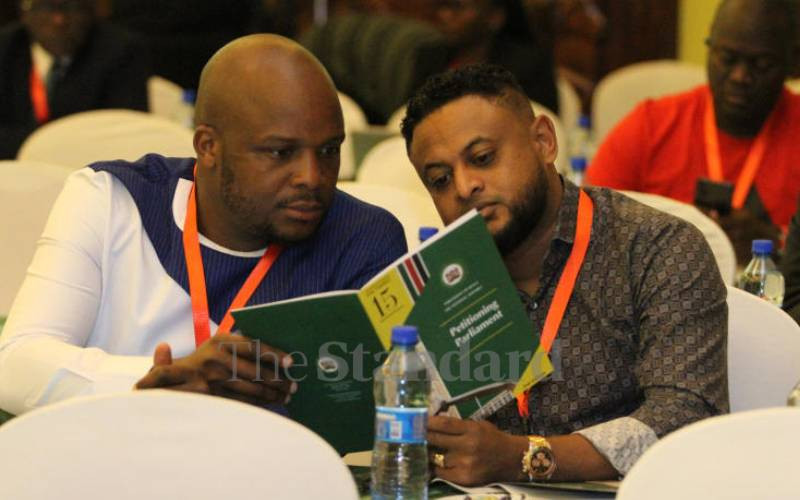×
The Standard e-Paper
Home To Bold Columnists

The just-concluded general election had many positive outcomes.
The peace witnessed before, during and after the polls is unprecedented. Kenyans successfully broke the cycle of ethnic tension and politically-motivated conflict that has been the hallmark of electioneering periods in recent years. The number of women elected into various political offices also improved, setting a new record in the journey towards gender equality in political representation.